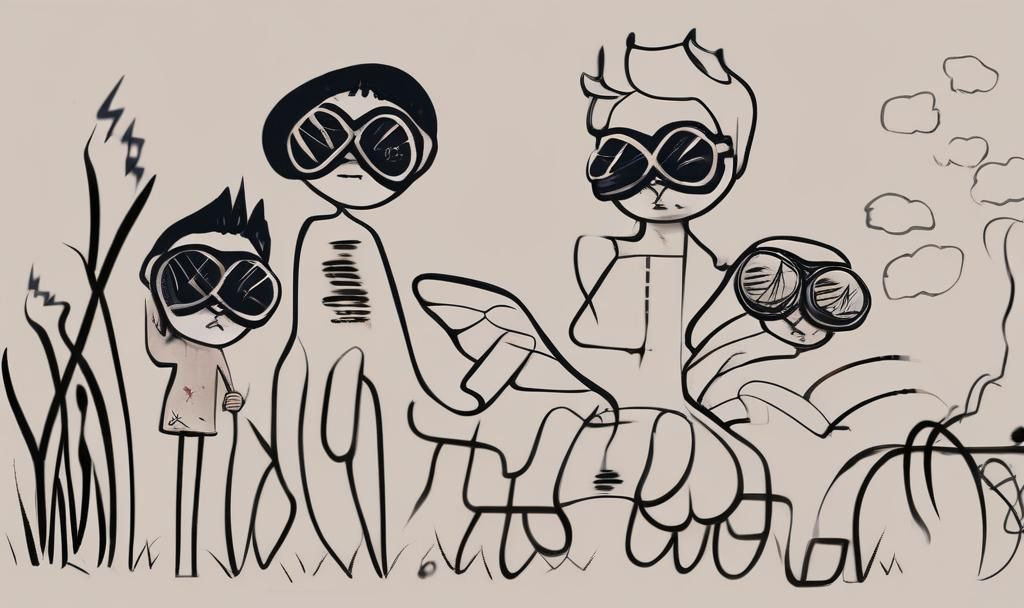Honoring the Family: Gifts of Parents to Children, and Back Again
Further Explorations of the 5th Commandment
We continue on by asking how the parent-child relation works both ways in the 5th commandment, with special reference to migration laws. Thanks to
for being the newest supporting subscriber. To read the full post, consider doing a 7-day trial.Picking Up Luther’s Thread
When we left off, we were tracing out the contours of Martin Luther’s reflections on the 5th commandment: to honor one’s parents. Today, we will continue pressing on the revolutionary nature of his claim that the family has political value before and beyond all other political associations.
For Luther, the obligation toward one’s parents is a revolutionary one: natality is at the foundation of societies, as the thing which parents can do, but societies unable to do. Luther writes that any authority of the government first depends on the family. For states only have their authority to be “fathers of a people” because there first exist natural parents, and states only exist to do those things which families (because of the limits of time and energy) cannot do.
For Luther, the relationship (of both families and governments) runs in mostly one direction: children honor parents, citizens honor governing authorities. Luther’s critics have amply noted that he is a man concerned with social order and with a cohesive society in which the church can offer service to God through the world. Not surprisingly then, Luther has little patience for rebellious children: he’s not on board with a theology of children which would emphasize, say, the inherent spiritual creativity of the younger set1.
But there is more here than one-directional honor which is owed from child to parent, and thus, more to the power of the family than Luther acknowledges. The mystery—and power—of the family can work in multiple directions. As the Catholic Catechism notes, this picture of parents and children is more mutual when viewed against the backdrop of Scripture’s canon : children routinely redeem the names of parents, and parents are called to give good gifts to their children, not just receive honor from them.
The relation—and the power—flows in both directions, because both parents and children are caught up in a common mystery which has given life to them both, has created them both anew. When people share the presence of a great mystery, it creates its own bond between them, a bond which generates a relation and power that is hard to name. The relation between parents and children is this kind of thing: a relation which is intimate and powerful and which the participants understand more than they can say. There is a way, I think, of understanding my children that I can only explain by saying “I was there when you came into the world.”
Keep reading with a 7-day free trial
Subscribe to Taking Off and Landing: Explorations in the Moral Life to keep reading this post and get 7 days of free access to the full post archives.




